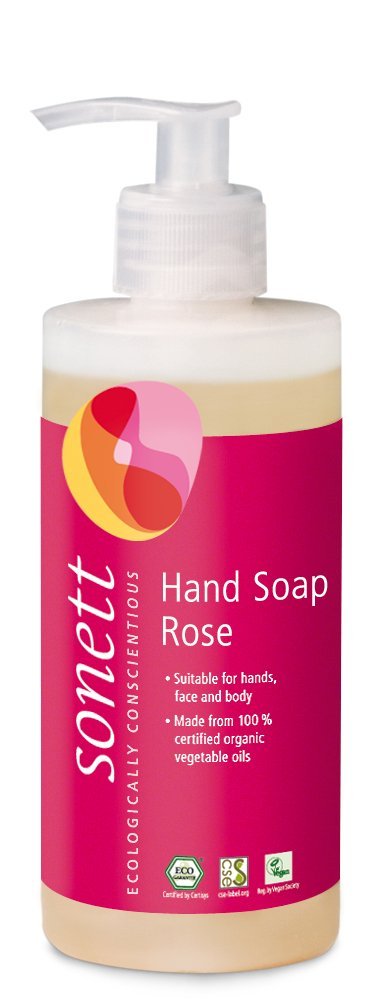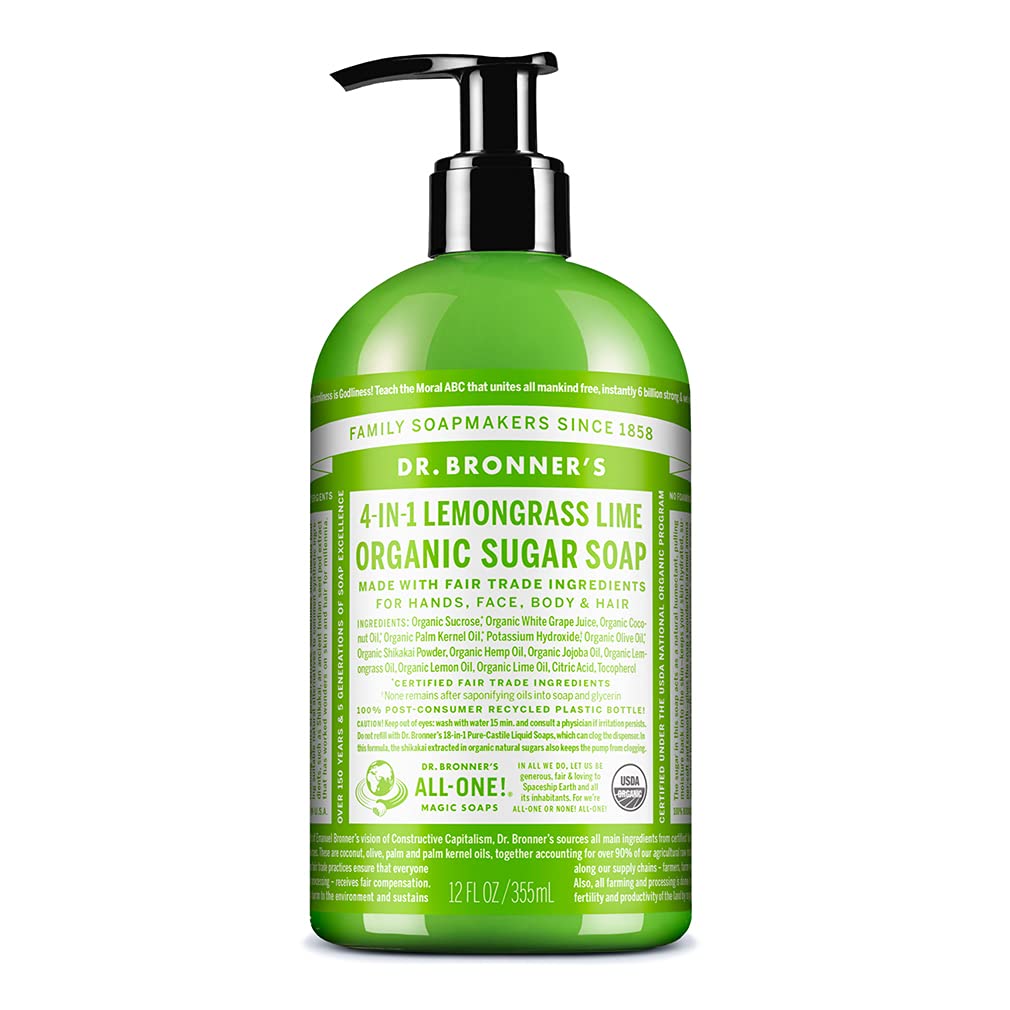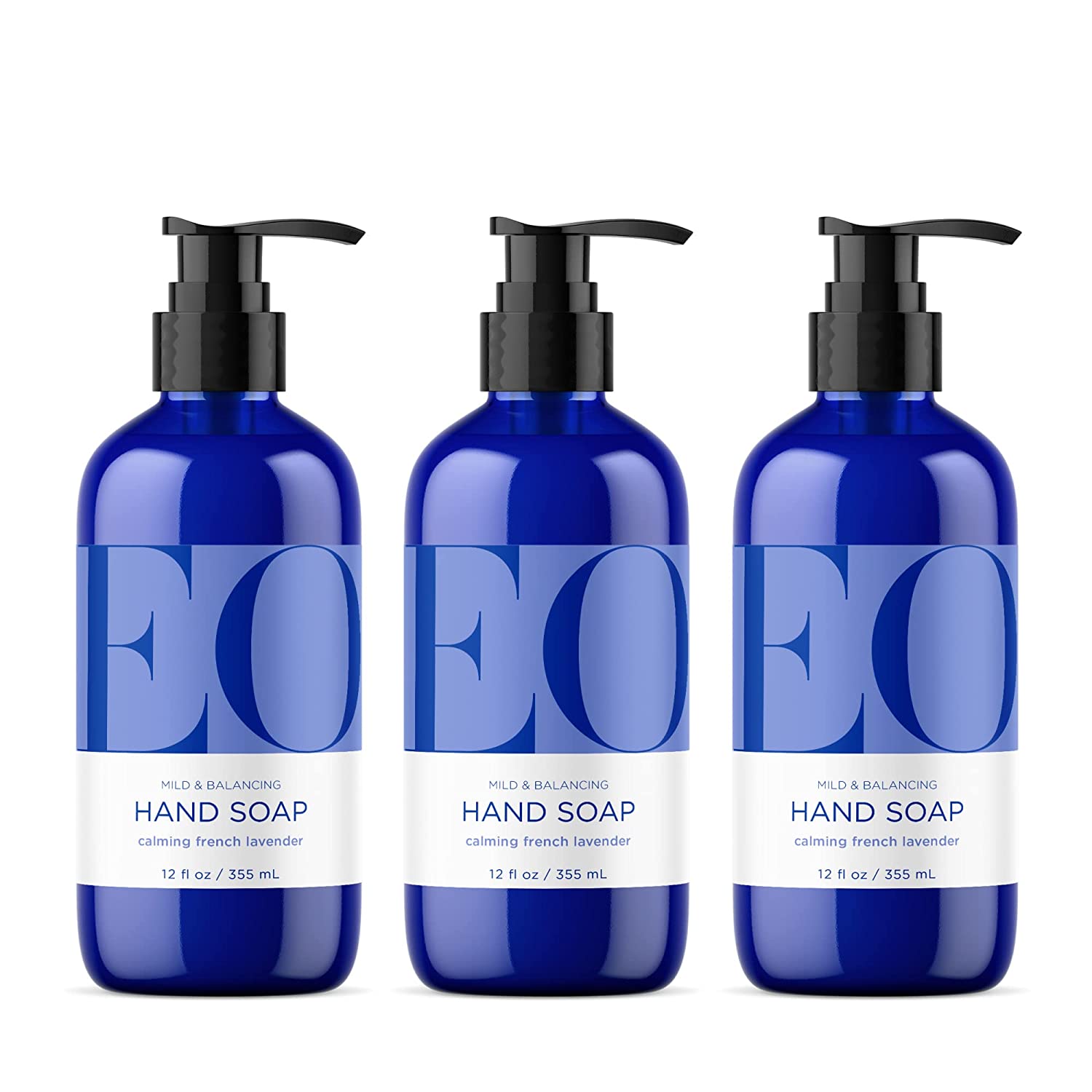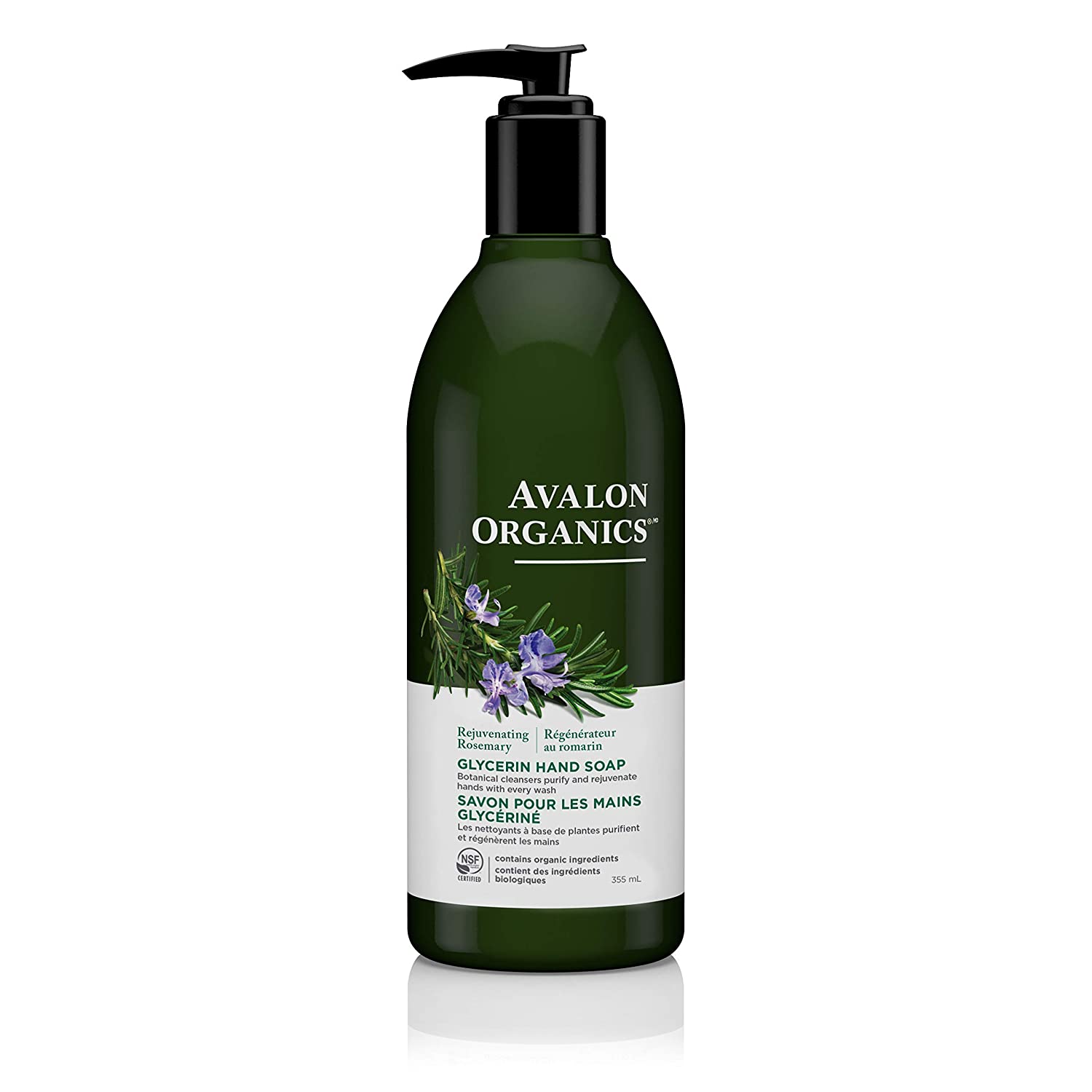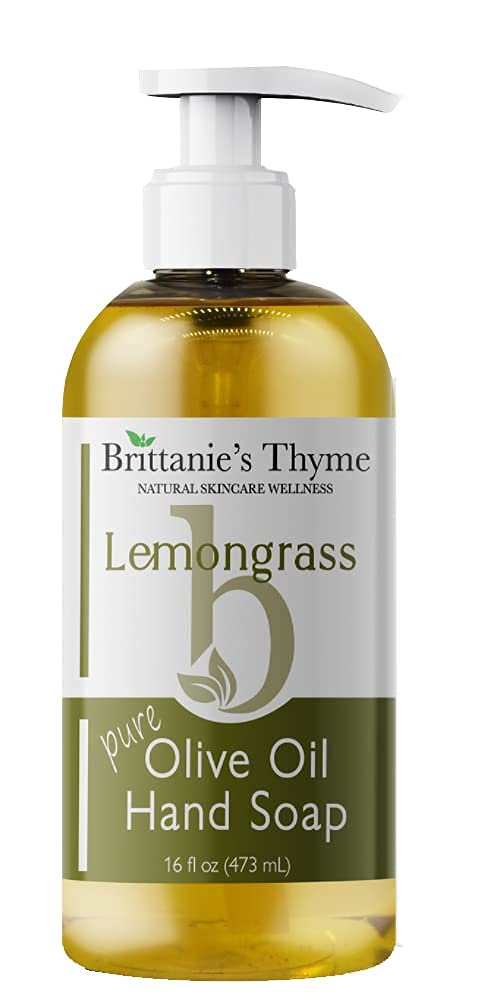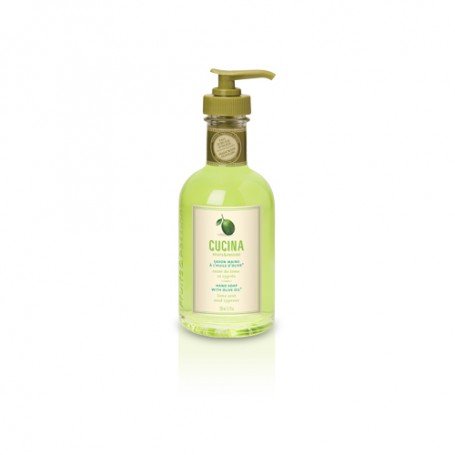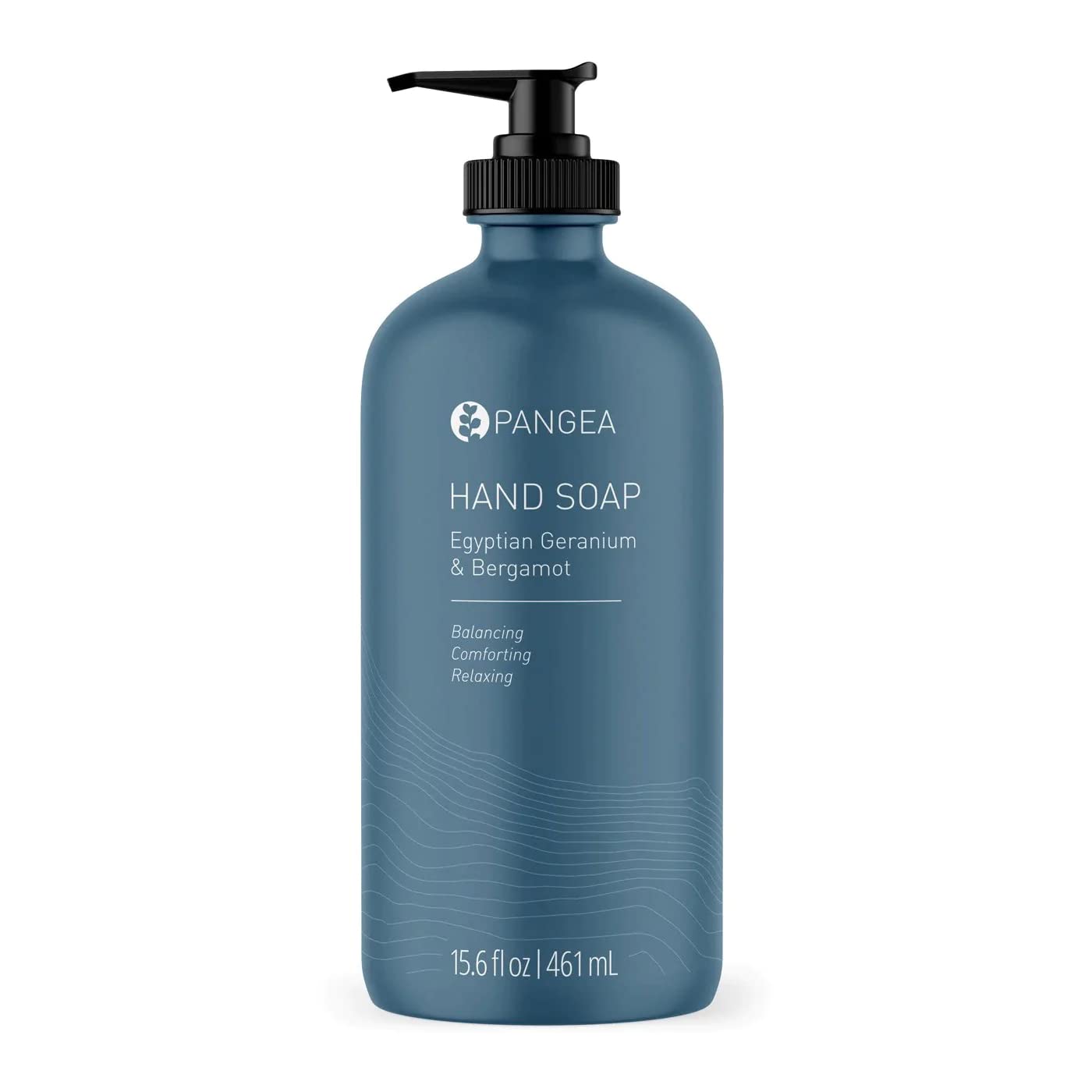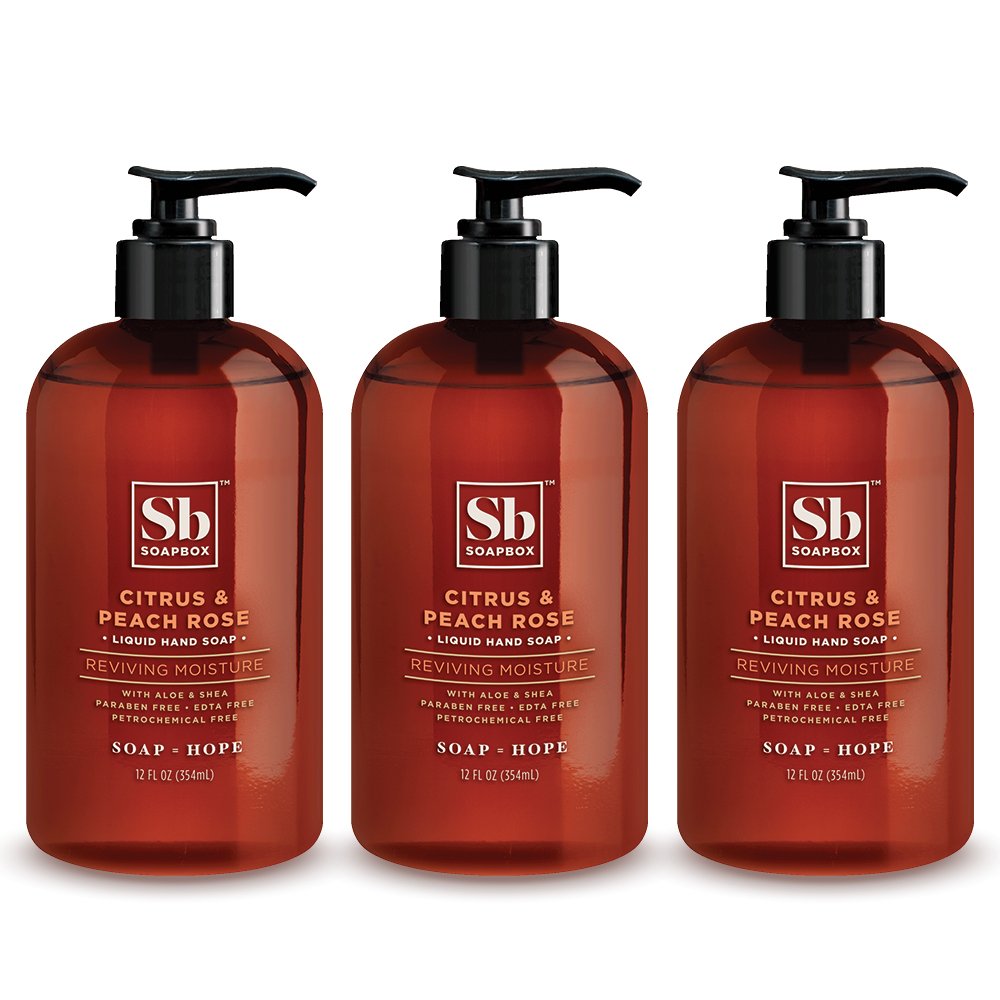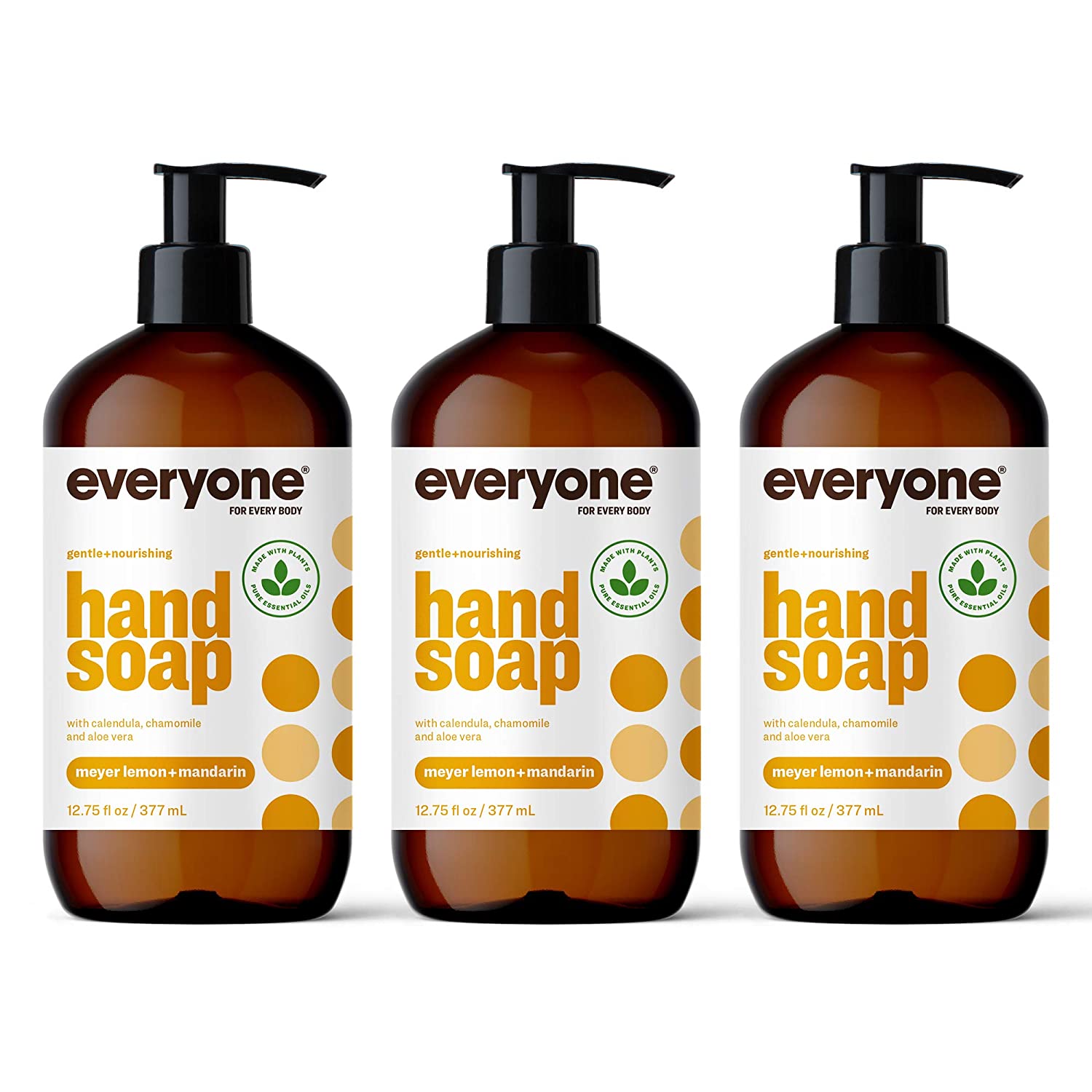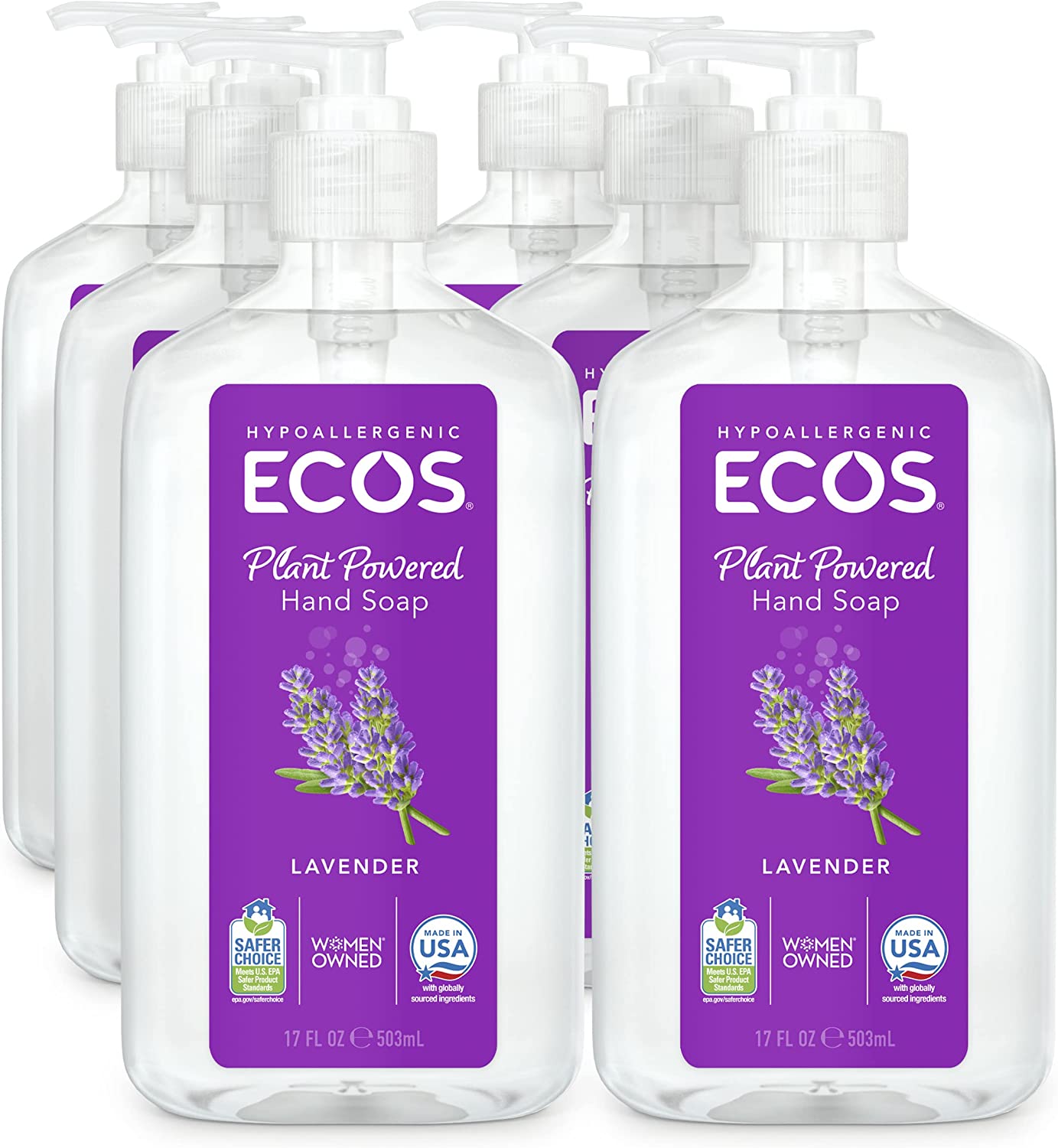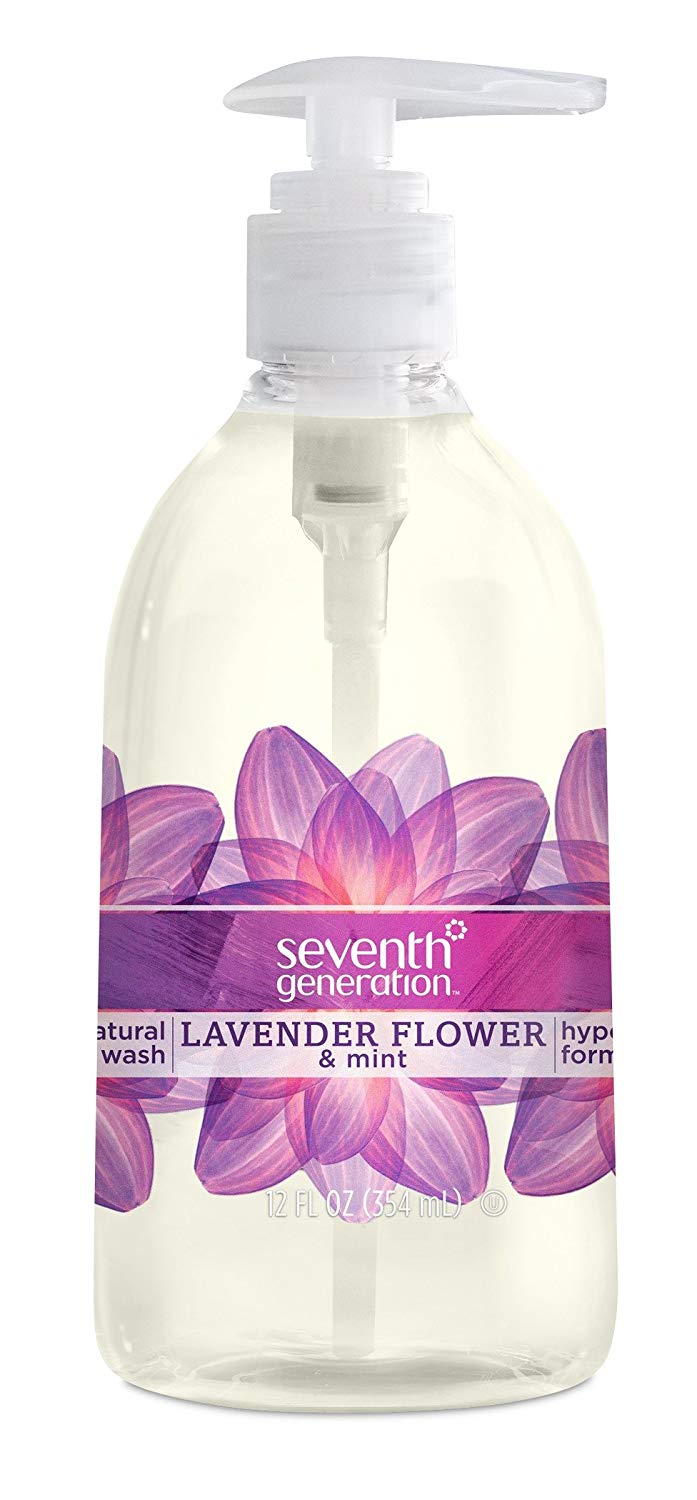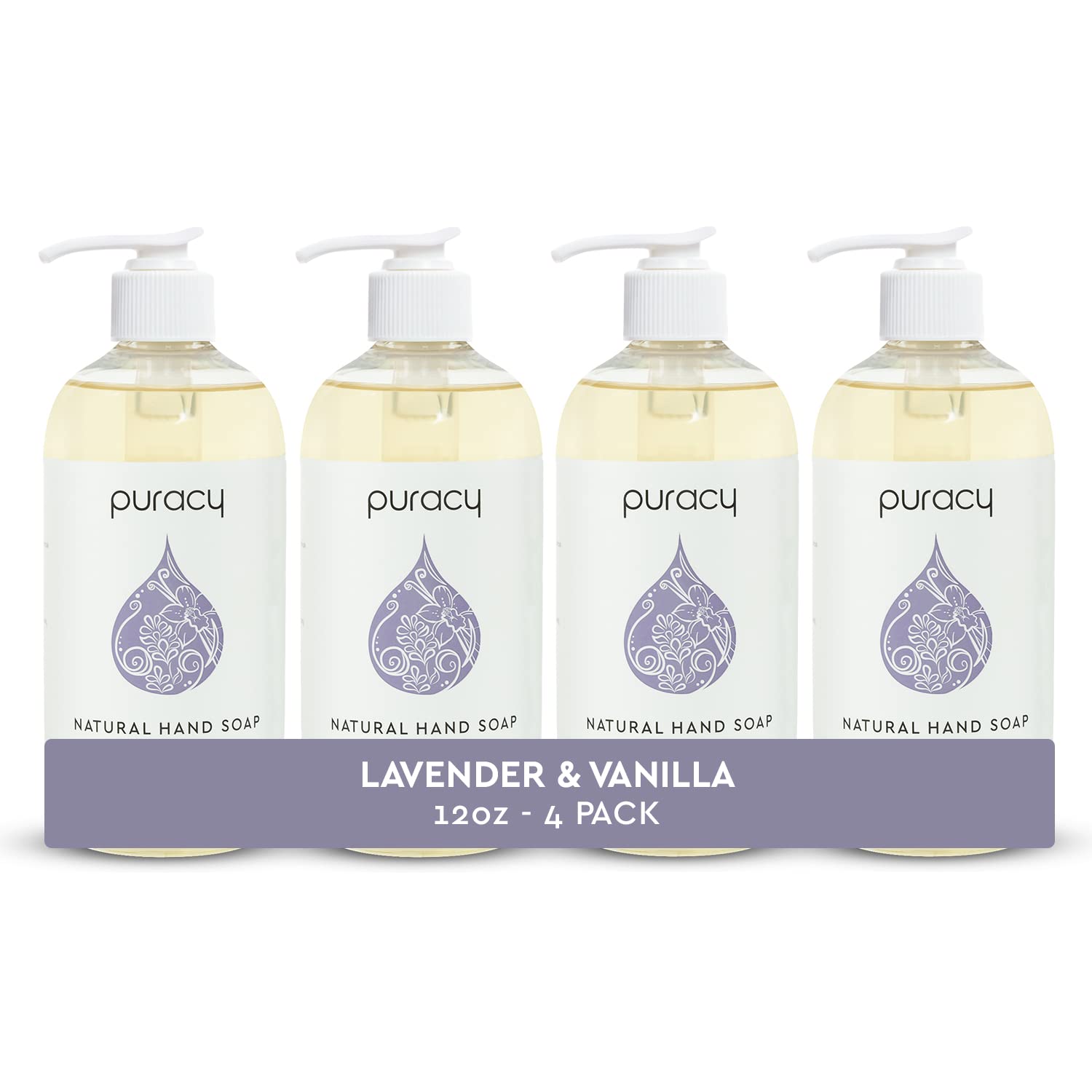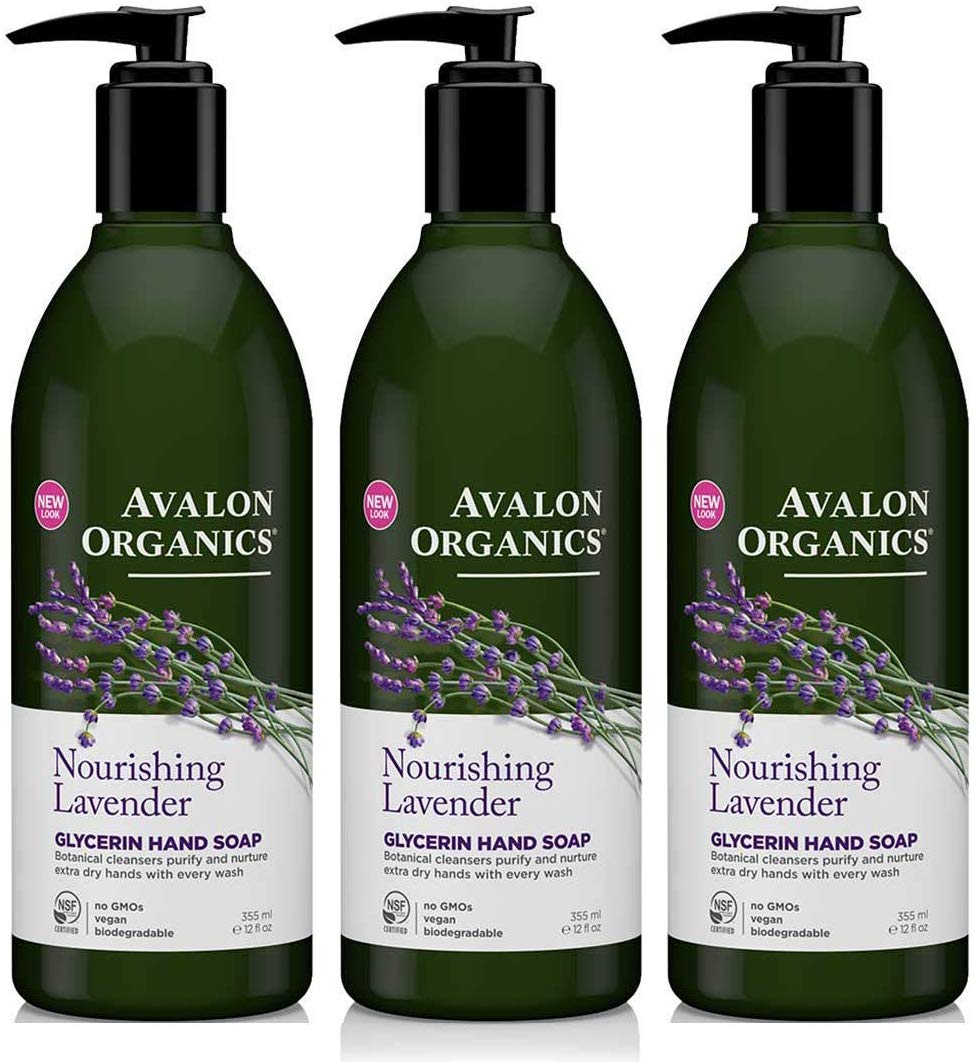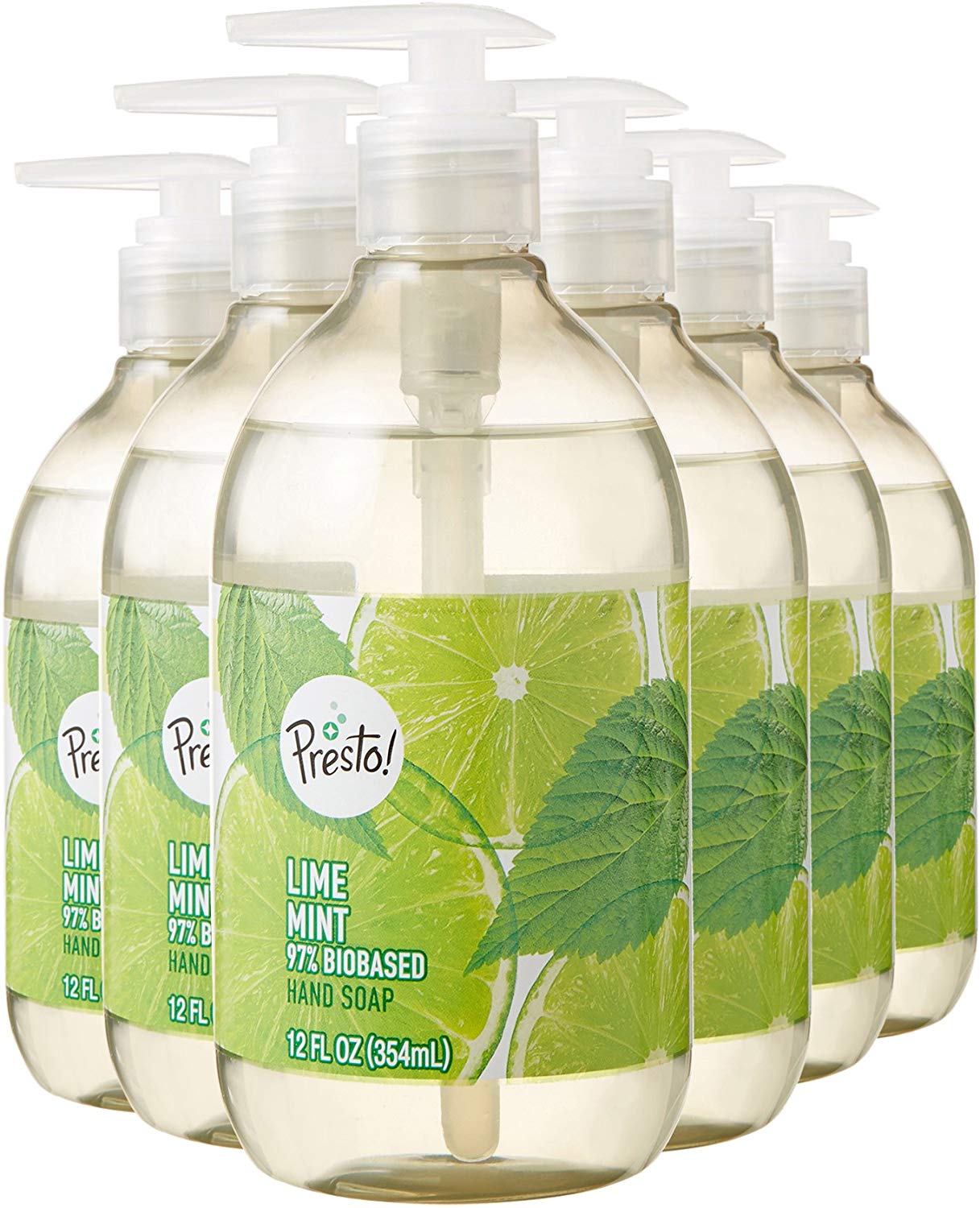Sonett Organic Rose Essential Oils Hand Soap, 10-Ounce
Last updated: February 3, 2023
This hand soap offers a soap that can be used on the entire body. Made with moisturizing coconut oil and olive oil, this soap will not dry you out. The essential oils provide the cleansing and antibacterial properties of this soap in addition to the lovely fragrances.
We looked at the top Organic Hand Soaps and dug through the reviews from some of the most popular review sites. Through this analysis, we've determined the best Organic Hand Soap you should buy.
Product Details
Key Takeaway: This hand soap is a must have for in your shower in addition to your bathroom sinks with its ability to cleanse the whole body.
In our analysis of 28 expert reviews, the Sonett Organic Rose Essential Oils Hand Soap, 10-Ounce placed 6th when we looked at the top 14 products in the category. For the full ranking, see below.View our Organic Hand Soap buying guide for in-depth advice and recommendations.
